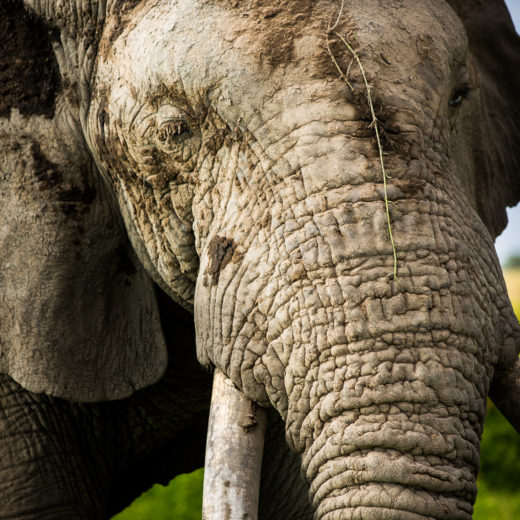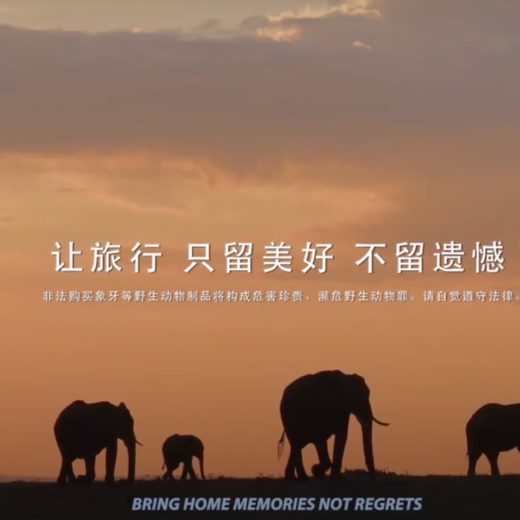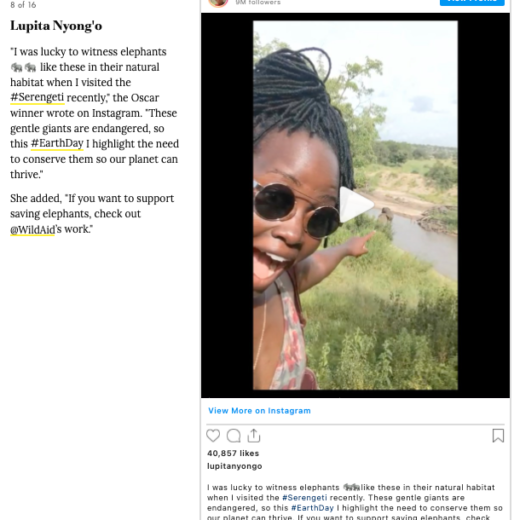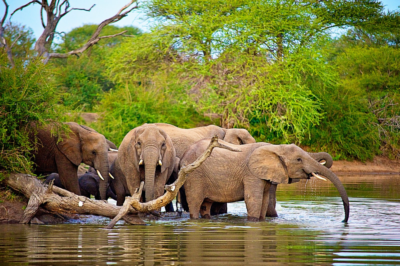
Businesses and individuals in Singapore will no longer be able to buy or sell elephant ivory products under a ban proposed by the Agri-food and Veterinary Authority (AVA), which is responsible for safeguarding the welfare of animals.
Public display of elephant ivory and ivory products could also be banned, except for educational purposes, such as in museums or the zoo.
“This is welcome news after China implemented its domestic ban on ivory sales earlier this year and recently upheld its 25-year ban on rhino horn and tiger parts,” said Peter Knights, WildAid CEO. “With Singapore joining the global community in prohibiting ivory sales and thus doing its part to help alleviate the poaching crisis, Japan remains the last major ivory market that allows legal sales.”
Hong Kong SAR passed legislation to ban the city’s ivory trade in January 2018, although the new law will not be fully implemented until December 2021. Taiwan has said it will ban ivory sales by January 2020.
The AVA is conducting a public consultation on the proposed ban and is inviting views and comments until noon on December 27. Members of the public are urged to participate by sending messages of support for the proposed ivory ban to the Singapore government. This can be done by emailing Singapore’s Agri-Food and Veterinary Authority of Singapore at VA_CITES@ava.gov.sg.
Members of the public can also send a letter addressed to:
Agri-Food & Veterinary Authority (Headquarters)
JEM Office Tower, 52 Jurong Gateway Road
#14-01, Singapore 608550
(Attn: QIG/Wildlife – Public Consultation)
Wildaid has been working to raise awareness of the elephant poaching crisis, support lawmakers in banning ivory sales, and measurably reduce demand for ivory in Thailand, China (including Hong Kong SAR and Taiwan), Japan, and the U.S. In 2012, WildAid launched a massive campaign to reduce ivory demand in China in partnership with Save the Elephants and the African Wildlife Foundation. Since then, public awareness of the crisis has grown rapidly. Our surveys showed a 50% increase from 2012 to 2014 in the number of Chinese who believe that elephant poaching is a major problem. According to traders, wholesale ivory prices in China and Hong Kong SAR dropped 57-78% in 2016 from the 2014 high of $2,100 per kilo.
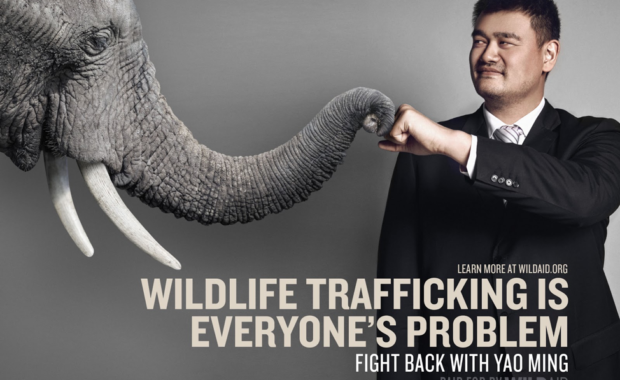

Stay in touch and get the latest WildAid updates.
SIGN UPAbout WildAid
WildAid is a non-profit organization with a mission to protect wildlife from illegal trade and other imminent threats. While most wildlife conservation groups focus on protecting animals from poaching, WildAid primarily works to reduce global consumption of wildlife products such as elephant ivory, rhino horn and shark fin soup. With an unrivaled portfolio of celebrity ambassadors and a global network of media partners, WildAid leverages more than $308 million in annual pro-bono media support with a simple message: When the Buying Stops, the Killing Can Too.
Journalists on deadline may email communications@wildaid.org
